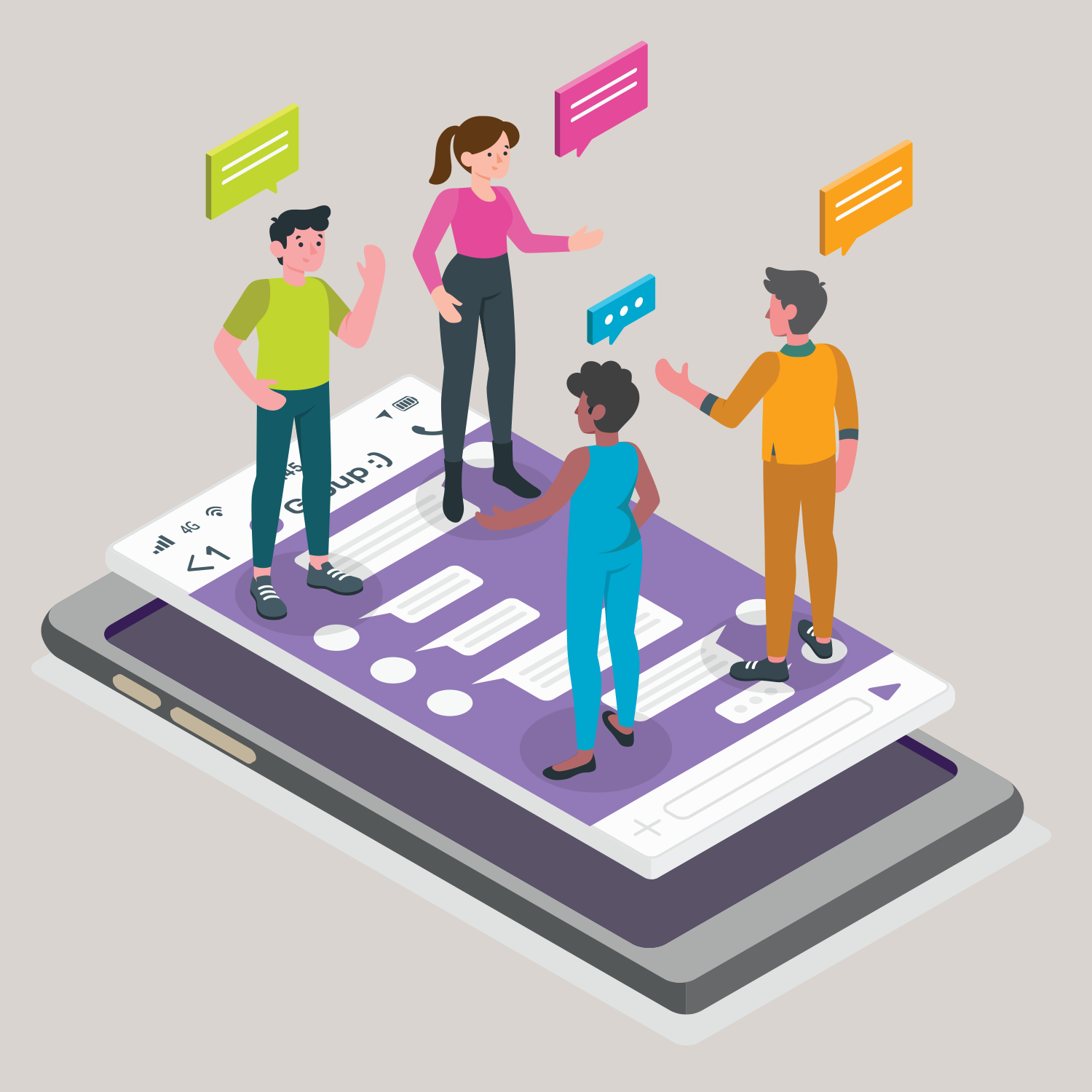Having shared experiences is one of the fundamental features of being part of a community.
Anthropologist Victor Turner looked at an existing ritual theory and described something he observed as ‘communitas’. Turner found that when people are together, they enter a ‘different space’ or a ‘new realm’ and create something unique and special in common. Therefore, people experiencing the same event, at the same time and in the same space, are in that sense ‘equals’. This experience then has tremendous binding power.
In our current COVID-19 environment both space and time are different. And creating these collective experiences online becomes the key task for project managers, engagement practitioners and facilitators alike. It doesn’t matter if you are leading an interactive session (what we like to call big ‘F’ facilitation) or running a more informal, less interactive meeting (little ‘f’ facilitation). These skills are flexible, adaptable and fundamental to regular, productive and shared experiences.
In our first session of our new Continuous Connections webinar discussion series, we explored ‘how to really hear each other and have a collective experience online’. For those who couldn’t make it, we’ve developed a free resource summarising the 7 key skills we shared during the discussion. Scroll down to the end of this post to grab these tips in a handy, downloadable format.
How TO ENSURE PEOPLE REALLY ‘HEAR EACH OTHER’ & HAVE A COLLECTIVe EXPERIENCE ONLINE
1. PRESENCE
Providing clarity around roles, establishing working agreements and giving the program structure, all create a ‘presence’ that enables the facilitator to get the best out of a shared experience.
2. FRAMING & RE-FRAMING
Carefully crafting key questions and summarising progress help people find shared understanding and agreement. By re-framing people’s feedback participants feel genuinely heard and understood. When done well participants feel enlightened about their own feelings through this re-framing.
3. LISTENING
Picking up on language, intonations, and where possible body language, enables you to capitalise on the threads of the conversation. Pulling ideas together, creating connections and noticing tensions are the cues that help you solve complex issues.
4. PACE & TIMING
Building a pace and rhythm to the session that brings everyone along is key to any shared group process. Being online is very different - you need regular breaks and shorter bursts to get productive outcomes.
5. DELVING
Asking hard questions, digging deeper into ideas/issues and discussing ‘the un-discussable’ are essential skills to go beyond a superficial conversation. A good facilitator is carefully watching for the tell-tale signs of an issue or opportunity that could shift the conversation.
6. DATA COLLECTION
In any process it is important to know what you need to collect from people and how you are going to use that. Each step must build on the next to give you a useful, tangible outcome.
7. AMBIENCE/SETUP
Key features to a good ‘set-up’ include how the ‘room’ feels, where the information is stored and how you easily move about the exercises. Think about the quality of on-screen presentations, video backdrops, the pre-session/process communication, the level of interactivity, how you ‘open’ the session and the flow of tools.
We've summarised all the top tips from this post into a handy free download. Perfect for sharing, printing, filing, or whatever you want really!
ESSENTIAL ENGAGEMENT PACKAGES
We can support you and your team to readjust to a changing world and engage meaningfully during a time of upheaval. To help you acclimatise, we’ve put together exclusive support and service options.
Engaging through difficult times & high anxiety
MENTORING, COACHING & TRAINING
Are you worried about engaging with people who might be anxious during this COVID-19 crisis?
We can help you navigate this dilemma and address your key questions including:
When is the right time to engage?
How can we effectively adapt as things change?
What is important to consider and what should we expect from each engagement?
What language is required to help connect and build rapport with communities?
Engaging genuinely and economically
2-HR ENGAGEMENT PLANNING WORKSHOPS
Looking to engage in a way that both meets the requirements of the new Local Government Act and considers budget constraints?
Over two workshops, you will establish the key parameters around your engagement process (such as scope, success measures, key questions etc.) and set out clear expectations moving forward.
A graphically designed, easy to read engagement plan will be prepared for you based on these outputs. This document can be used as a public document as well as an internal guide/roadmap for engagement.
Transitioning as a team
INTERACTIVE ONLINE STRATEGY SESSIONS
Is your team, department or organisation moving from a shared office to a remotely based workforce? Trying to adapt to the changes around us?
Share the challenge being faced and ‘crowd-source’ tailored, shared solutions.
Encourage staff to take ownership over their role in the change and empower them to implement actions
Connect people remotely through a digital platform and build confidence and skills in collaborating using online tools.
Engagement strategy sprints
1-HR FACILITATED DESIGN SPRINTS
How can we gather internal decision-making support?
Identify current and future engagement risks.
Overview risk communication/engagement principles
Prioritise strategies to overcome risks.
Ascertain immediate next steps to move engagement forward.
Want more info on our ‘coping with COVID-19’ packages and other online engagement services?
Download our services information pack below.
ENJOYED THIS POST?
Stay in the know! Get new posts, actionable ideas and fabulous free resources delivered to your inbox - subscribe to our monthly e-newsletter 'the Discussion'.





